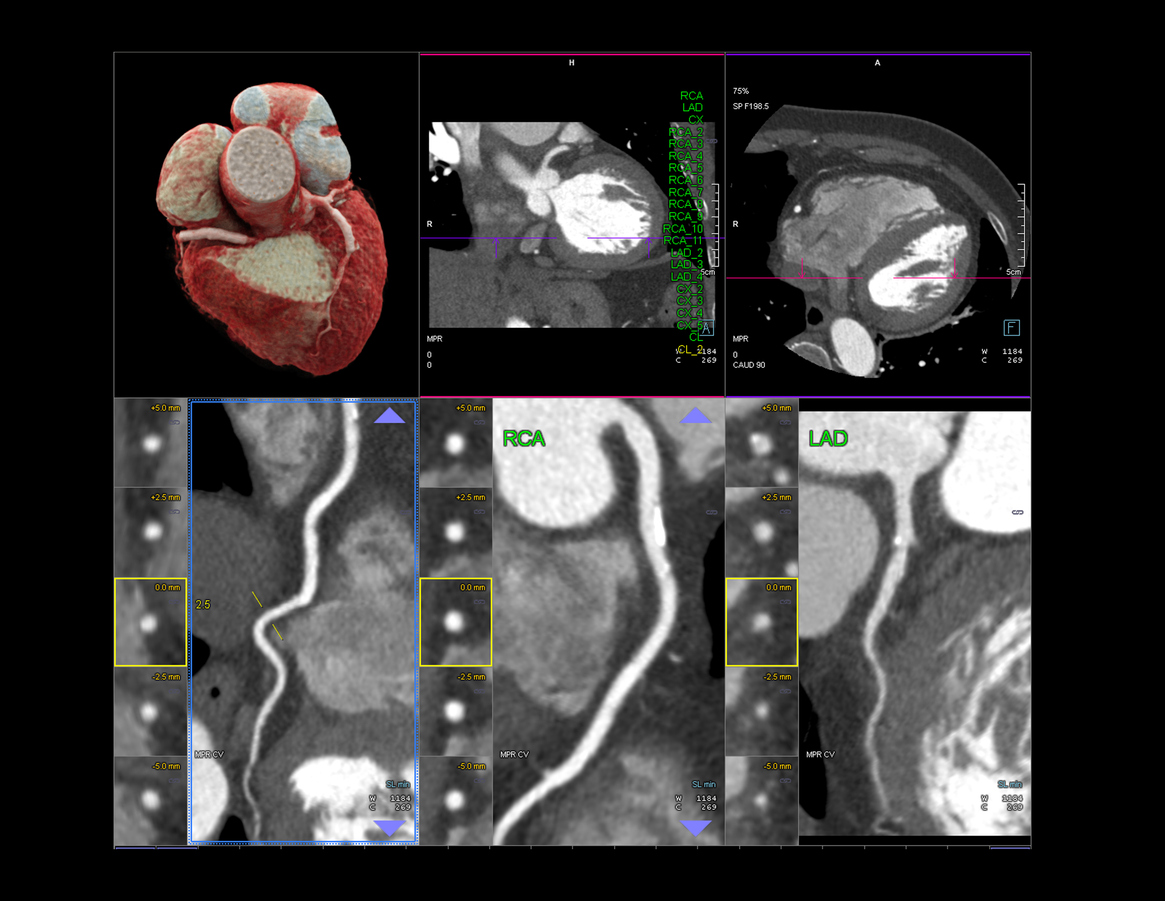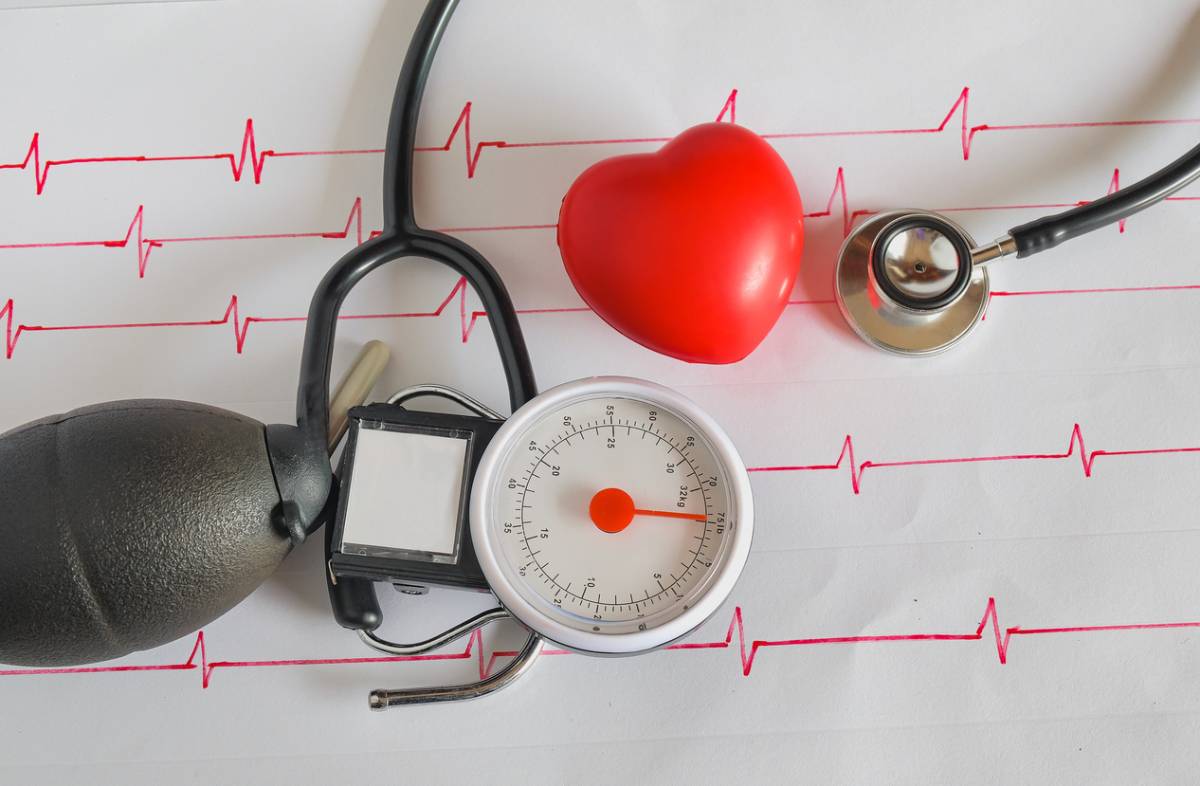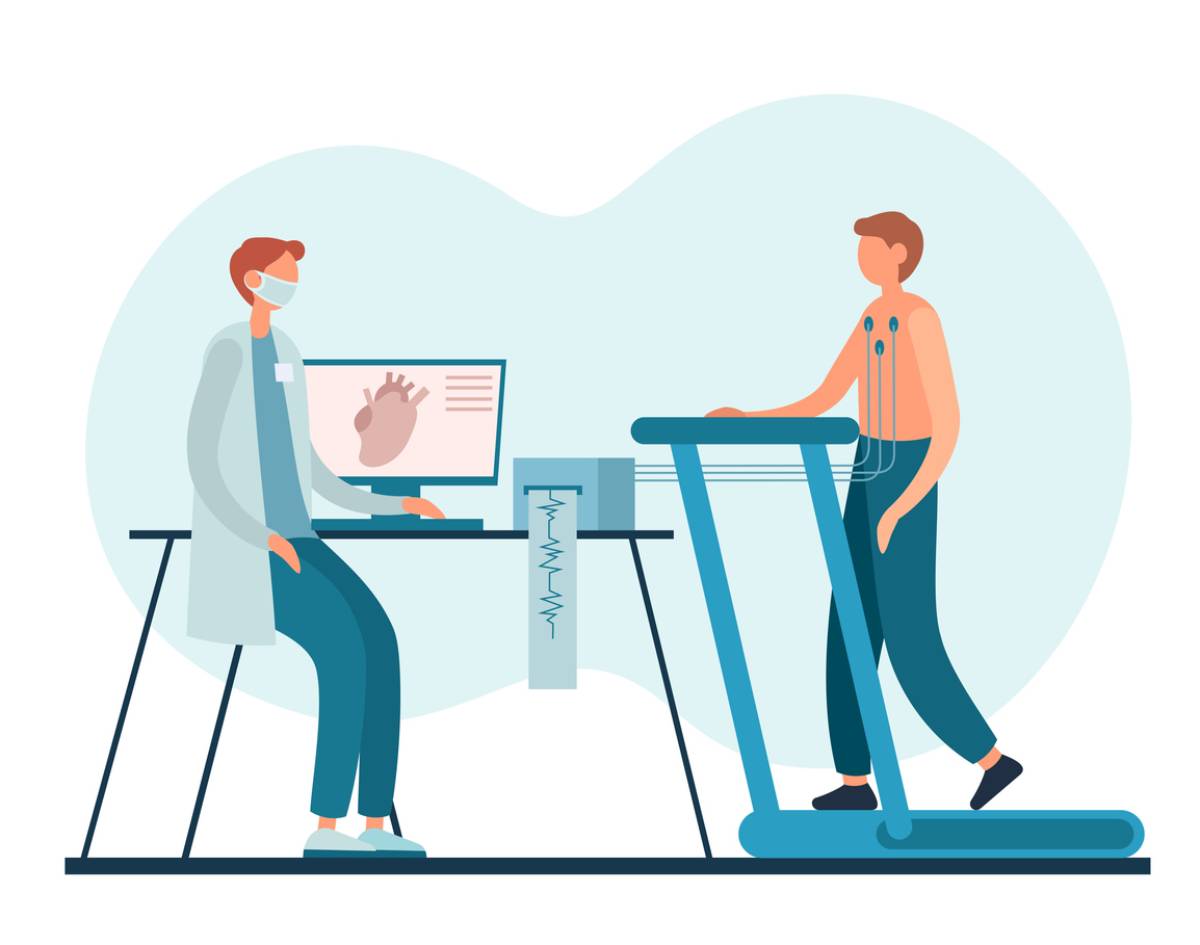Are You Sedated for an Echocardiogram?
When you’re getting ready for a heart test, especially one like an echocardiogram, it’s natural to have questions. One of the most common concerns we hear at Apex Cardiology is whether or not you are sedated for an echocardiogram.
Understanding what happens during the procedure is often enough to ease any anxiety and help you feel more confident walking into your appointment. That being said, let’s break it down and give you clear answers about sedation, echocardiograms, and what you can expect during the procedure.
Are You Sedated for an Echocardiogram?
For the most part, echocardiograms do not require any sedation. This non-invasive heart imaging test uses ultrasound waves to create real-time images of the structure of your heart and what is going on inside. For the standard transthoracic echocardiogram (the most commonly performed type), the procedure is completely painless and performed while you’re fully awake. You simply lie back while a technician moves a handheld scanning device, called a transducer, across your chest.
Following the echocardiogram, there are no restrictions and no recovery time. So if you’re scheduled for a routine echo with a cardiologist, rest assured: you’ll be up and about in no time, with no lingering grogginess or need for a driver.
What About Specialized Echocardiograms?
While sedation isn’t necessary for the standard echo, there are a few specialized types where sedation might be used. Even in these cases, the sedation is minimal and very safe. The most common example of a specialized echocardiogram is the transesophageal echocardiogram.
Transesophageal Echocardiogram (TEE)
A TEE involves inserting a thin probe into the esophagus to get clearer images of the heart from behind the chest wall. Because this procedure involves placing something down your throat, mild sedation is typically used. The sedation is meant to help keep you comfortable and relaxed. Still, to be clear, it is not full anesthesia. You’ll still be breathing on your own and able to respond, but you likely won’t remember much of the test afterward.
After a TEE, patients are usually monitored for a short period and advised not to drive for the rest of the day. We recommend having someone come with you to the appointment, just in case sedation is used.
Can You Request Sedation Due to Anxiety?
If you are feeling particularly anxious about your test, make sure to speak to your cardiologist ahead of time. While sedation isn’t typical for a routine echocardiogram, we understand that medical procedures of any kind can feel overwhelming. In rare cases, a doctor may recommend a mild anti-anxiety medication, especially if you have a known history of panic attacks or medical-related anxiety.
However, this decision is made on a case-by-case basis, and your doctor will carefully balance your comfort with your safety as well as the effectiveness of the test. Most patients find that, with a little explanation and reassurance, sedation isn’t necessary at all.
What To Expect Without Sedation
Here’s what the typical echocardiogram experience looks like without sedation:
- You’ll lie comfortably on an exam table
- A technician will apply a special gel to your chest
- A handheld transducer is moved over your heart area
- You may be asked to change positions or hold your breath briefly
- The entire procedure usually takes 30–60 minutes
Overall, there’s no pain involved, and you should only feel a slight pressure from the device. You’re also free to go on about your day as soon as it’s over. Your results will then be given to your cardiologist, who will review them and discuss them and any next steps with you at your next appointment.
When in Doubt, Talk to Your Cardiologist
If you have any questions about your procedure, it’s always a good idea to ask them ahead of time! At Apex Cardiology, we always prioritize education and the comfort of our patients. If you’re unsure about which type of echocardiogram you are getting, or whether sedation will be involved, just reach out.
Some patients might be scheduled for a more advanced echocardiographic study depending on their symptoms or medical history. In these cases, your cardiologist will go over all the details with you. This conversation will include a discussion of whether sedation is necessary for you and how to prepare for the examination. In these cases, our care team will explain everything step-by-step to make sure your experience is smooth and stress-free.
Ready for Your Echocardiogram?
Have more questions or need to schedule your test? Call Apex Cardiology today or use our website to book your consultation. We’re here to make sure your heart health is in the best hands every step of the way.






